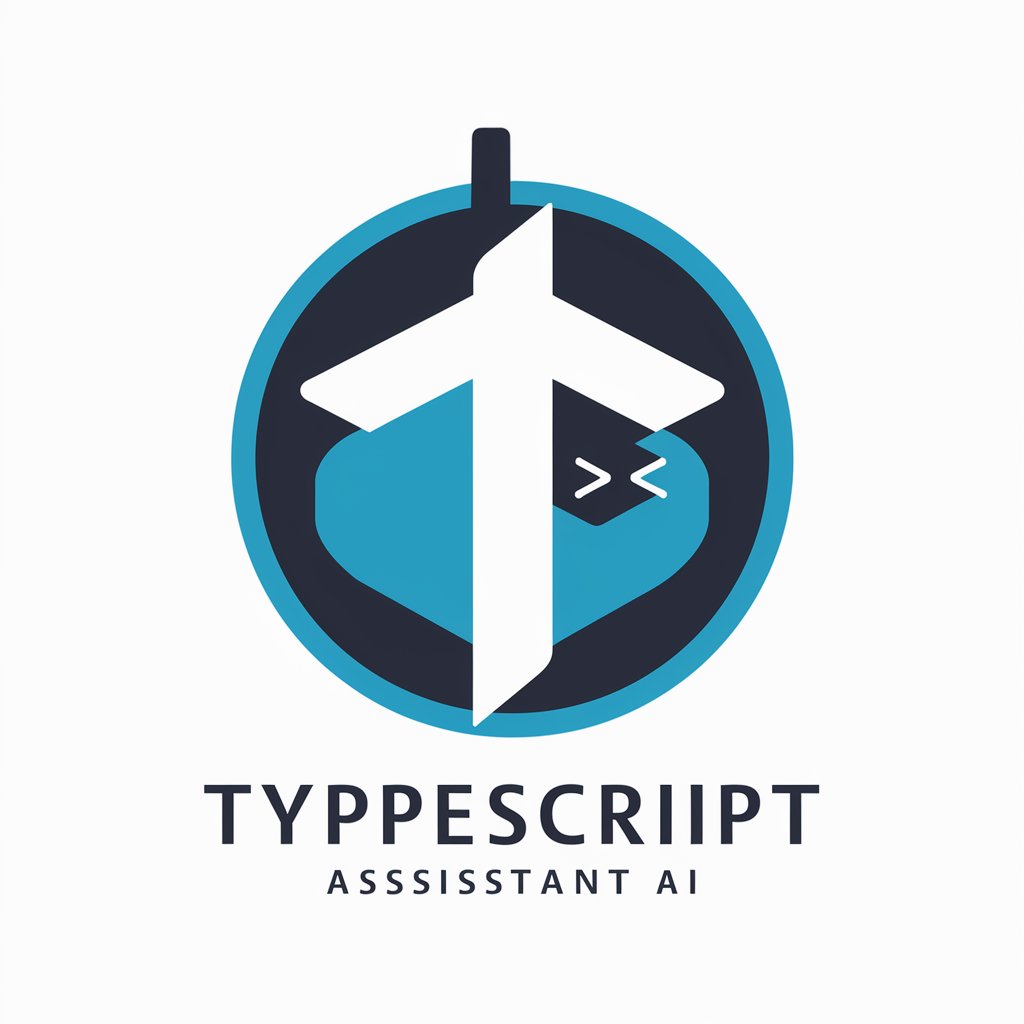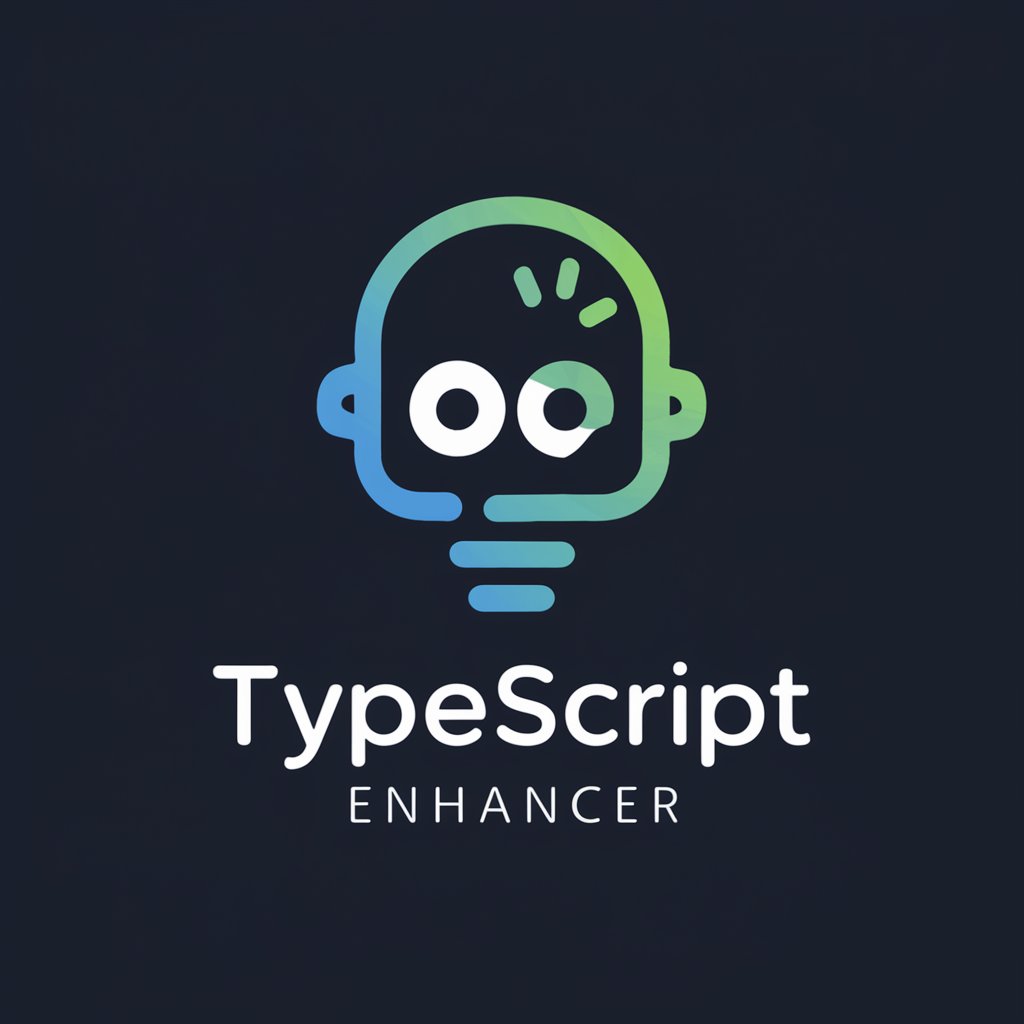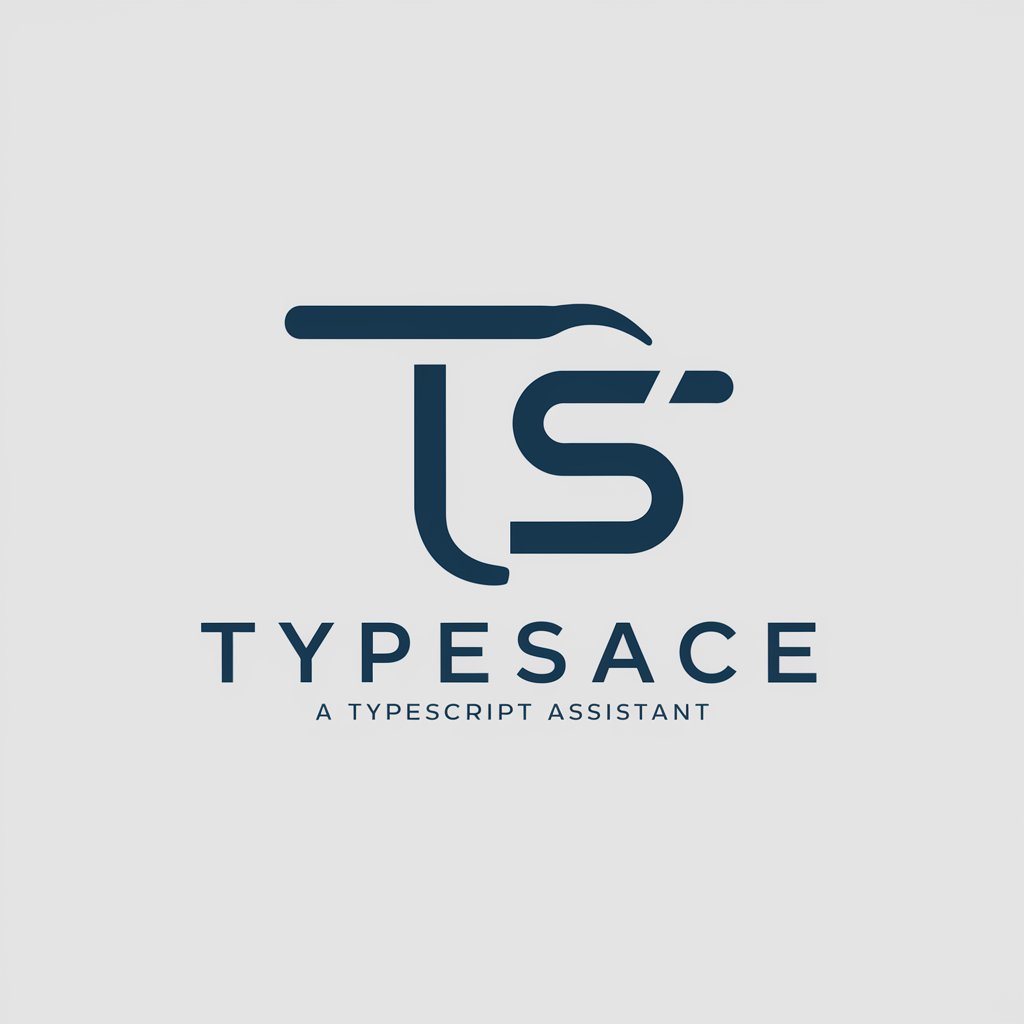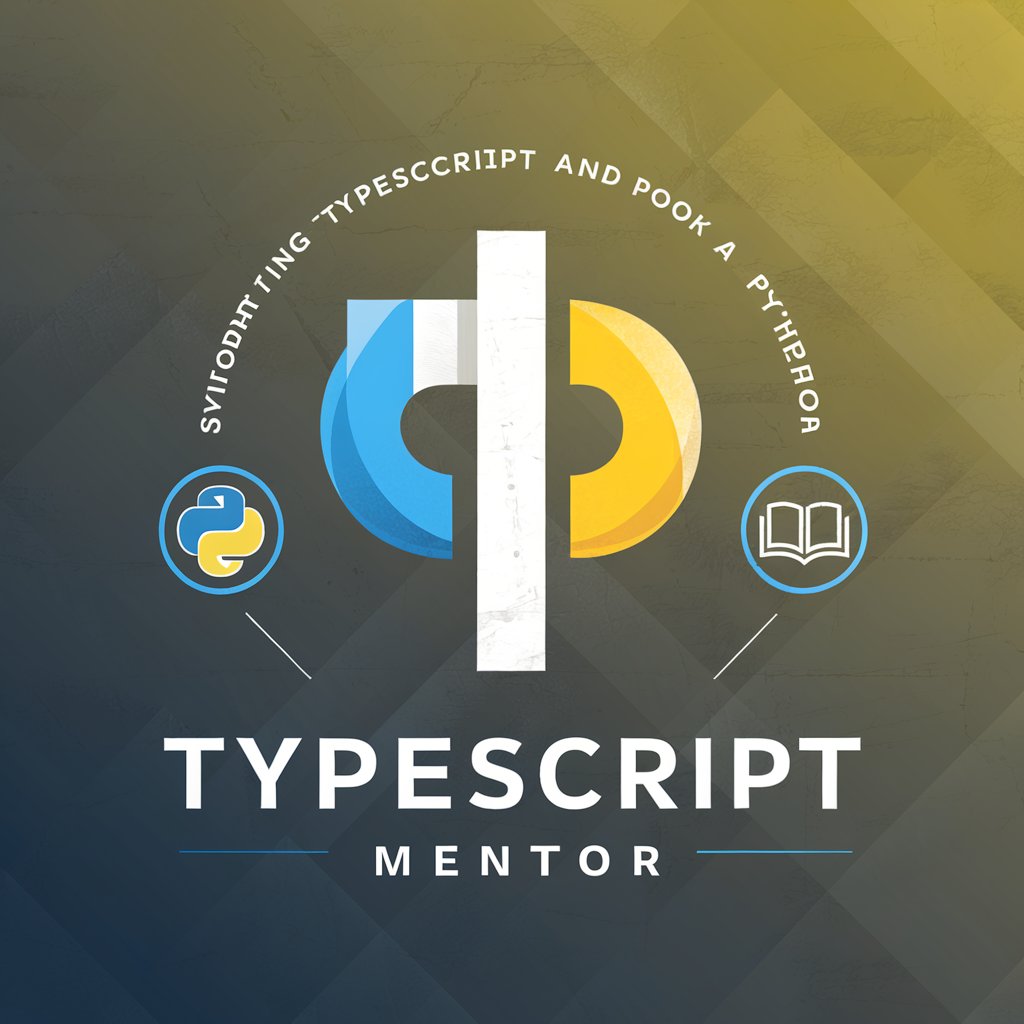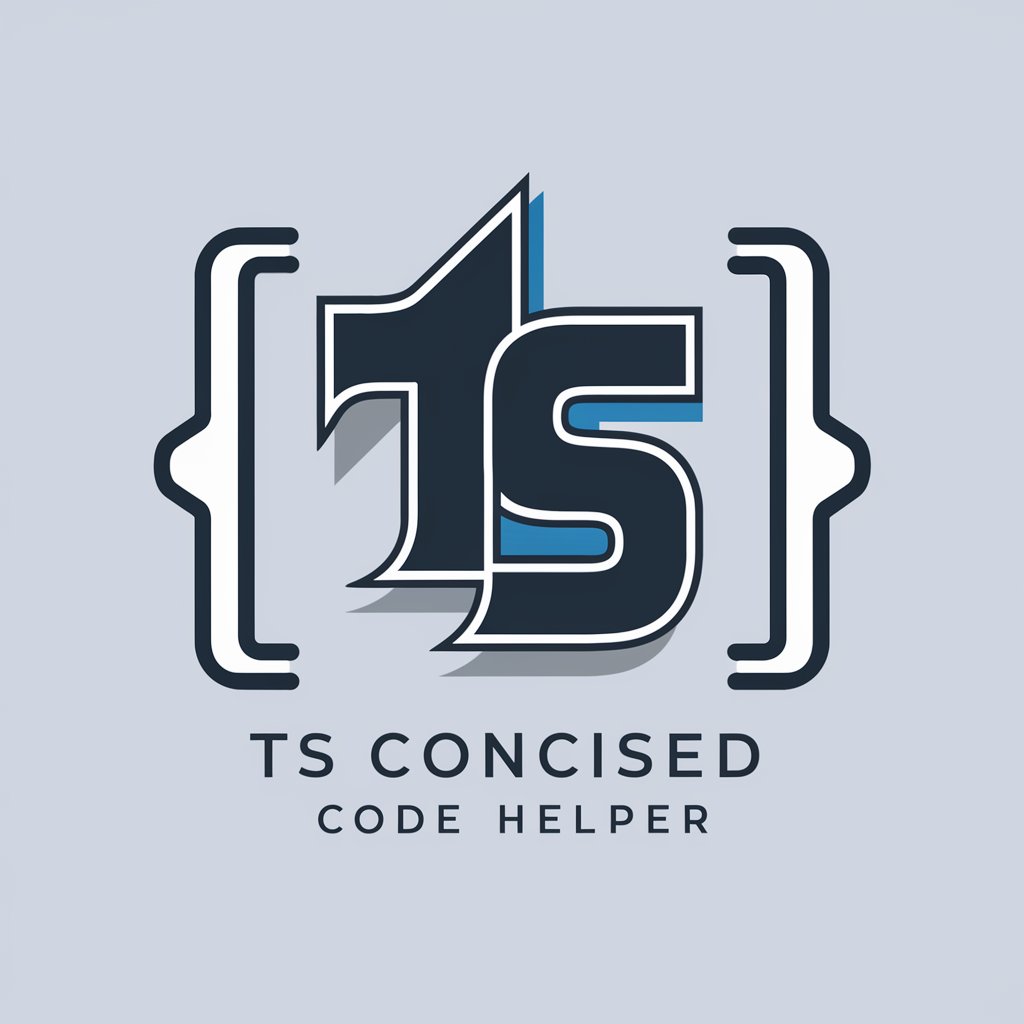
Object-Oriented TypeScript Helper - TypeScript OOP Guidance
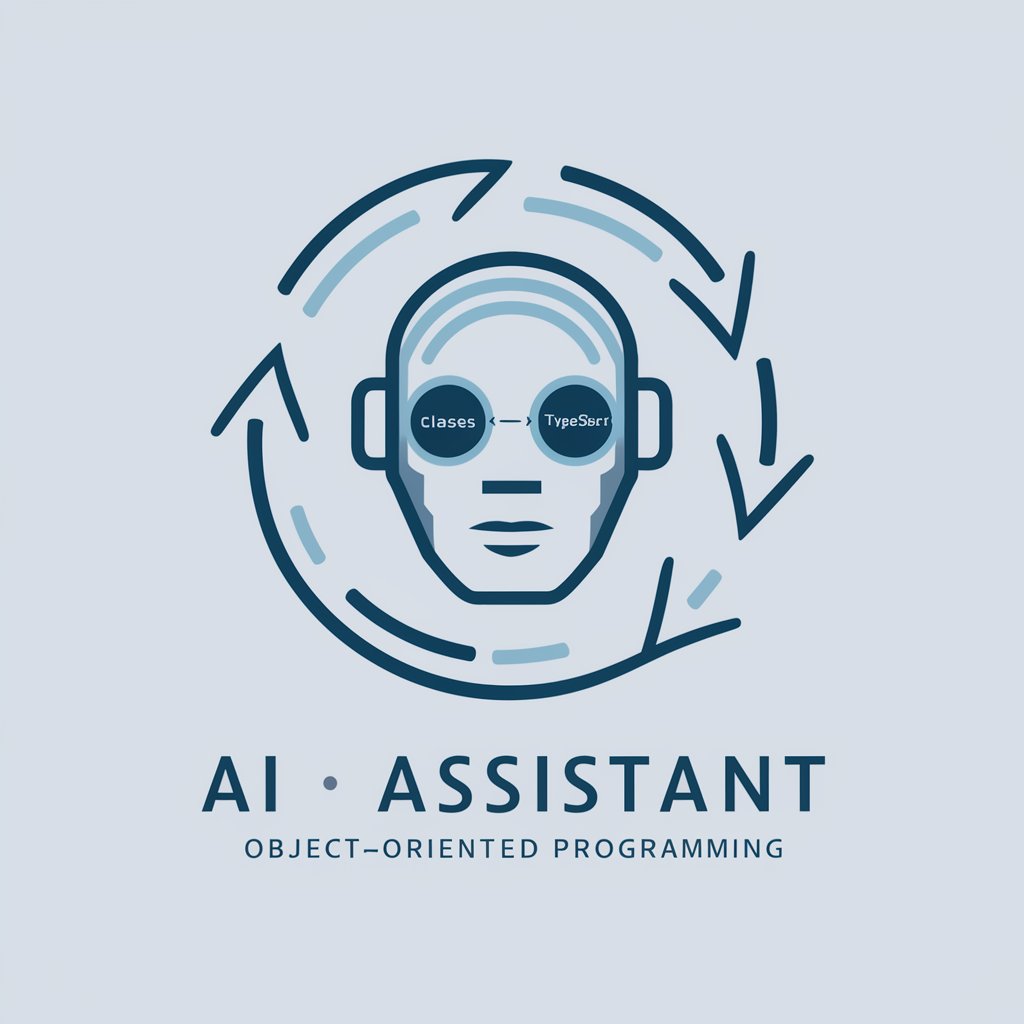
Welcome! Ready to enhance your TypeScript OOP skills?
Empowering TypeScript Development with AI-Powered OOP Insights
Can you help me convert this TypeScript function into a class?
What's the best way to implement inheritance in TypeScript?
How can I structure my TypeScript code using interfaces?
Could you guide me on using TypeScript decorators effectively?
Get Embed Code
Introduction to Object-Oriented TypeScript Helper
Object-Oriented TypeScript Helper is designed to assist developers in leveraging the full potential of object-oriented programming (OOP) within the TypeScript language. It serves as a guide for transforming TypeScript functions into well-structured classes, utilizing base classes, and implementing interfaces effectively. This tool emphasizes the importance of OOP concepts, TypeScript syntax, and best practices for class and interface design to improve code quality and understanding of TypeScript's OOP paradigms. Through detailed explanations and practical advice, it aims to enhance the learning experience by offering suggestions for code formatting, structure, and the rationale behind these suggestions. Example scenarios include refactoring existing code to use classes and interfaces, designing new OOP-based systems, and optimizing code for maintainability and scalability. Powered by ChatGPT-4o。

Main Functions of Object-Oriented TypeScript Helper
Code Transformation Guidance
Example
Transforming a series of related functions and variables into a cohesive class structure, complete with properties and methods.
Scenario
A user has a module handling user authentication with several standalone functions. The helper guides in encapsulating these into a UserAuth class, enhancing modularity and security.
Interface Implementation Advice
Example
Advising on the implementation of interfaces to ensure classes adhere to specific contracts.
Scenario
A developer is building a library for network requests. The helper suggests creating an IHttpService interface to define a contract for HTTP methods, promoting consistency across implementations.
OOP Best Practices and Patterns
Example
Providing insights into applying OOP principles such as encapsulation, inheritance, and polymorphism effectively.
Scenario
A team is developing a game engine. The helper offers strategies for using inheritance to create a base GameObject class, from which all game objects derive, streamlining development and maintenance.
Ideal Users of Object-Oriented TypeScript Helper Services
New TypeScript Developers
Individuals new to TypeScript or object-oriented programming will find the helper invaluable for learning OOP concepts, TypeScript syntax, and best practices in class and interface design.
Experienced Developers Refactoring Existing Projects
Developers tasked with refactoring existing TypeScript projects to improve code quality, scalability, and maintainability will benefit from guidance on structuring classes and interfaces effectively.
Teams Building Large-Scale Applications
Development teams working on large-scale TypeScript applications will find the helper useful for establishing consistent coding standards, especially regarding OOP practices, to ensure code is robust, maintainable, and scalable.

How to Use Object-Oriented TypeScript Helper
Start Your Journey
Access a no-cost trial at yeschat.ai, requiring no signup or subscription to ChatGPT Plus.
Understand Your Needs
Identify the TypeScript code or concepts you need help with, such as converting functions to classes, implementing interfaces, or designing class hierarchies.
Prepare Your Code
Gather your TypeScript code snippets or project files that you want to refactor or improve using OOP principles.
Engage with the Helper
Input your code snippets or describe your OOP challenges in TypeScript. Be as specific as possible to get tailored advice and suggestions.
Apply Recommendations
Use the provided guidelines, examples, and best practices to refactor your code. Experiment with the suggestions to see how they affect your project.
Try other advanced and practical GPTs
GPT Object Detector
Identify anything, powered by AI.

Historical object identifier
Unlocking the Stories of the Past, One Object at a Time

Object Decoder
Unveil the unseen with AI-powered image analysis.
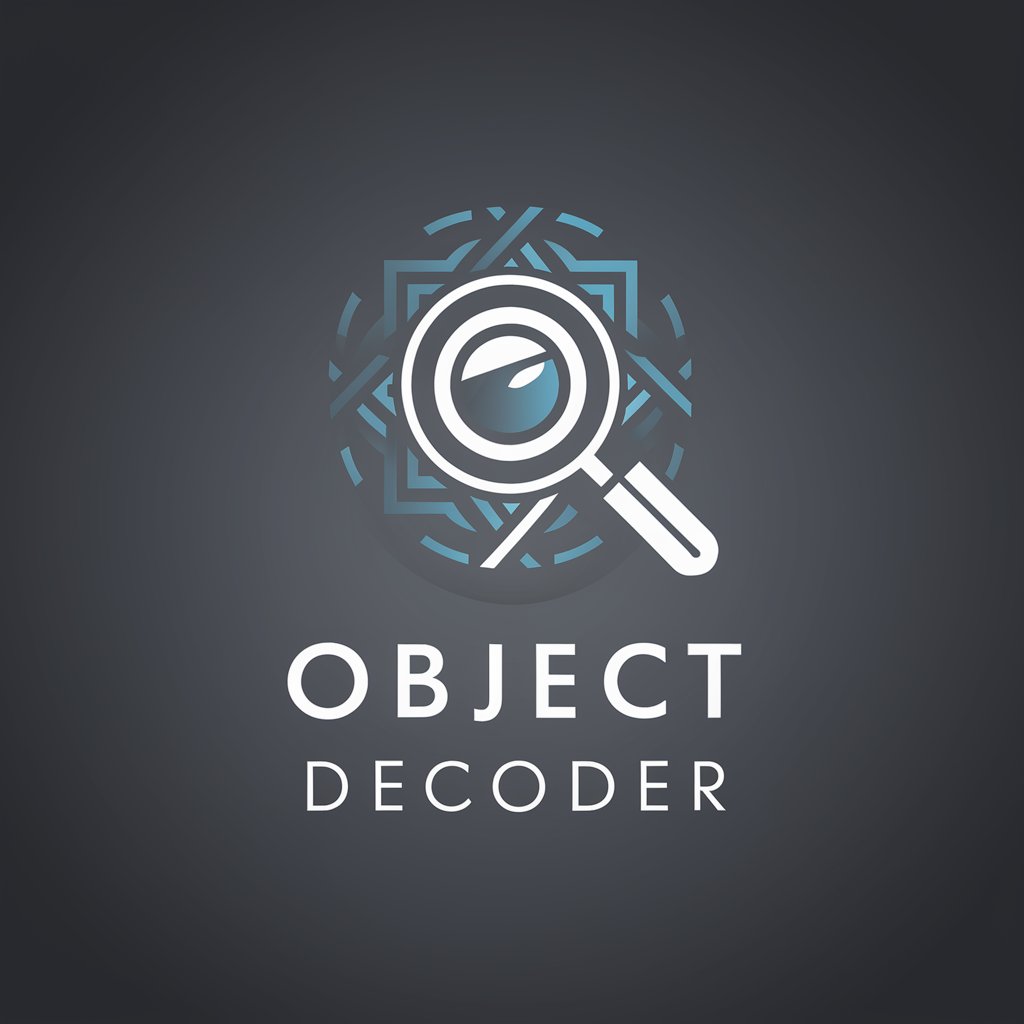
Object Analyst
Decipher Objects with AI Insight

Money is No Object
Elevate Your World with AI

Travel Organizer
Streamlining your travel planning with AI

Object Oriented Application Development Tutor
Empower your coding with AI-driven object-oriented tutoring.

Object Insight
Unlock the story behind any object

Object-Oriented Analysis and Design Tutor
Master OOAD with AI-powered guidance.
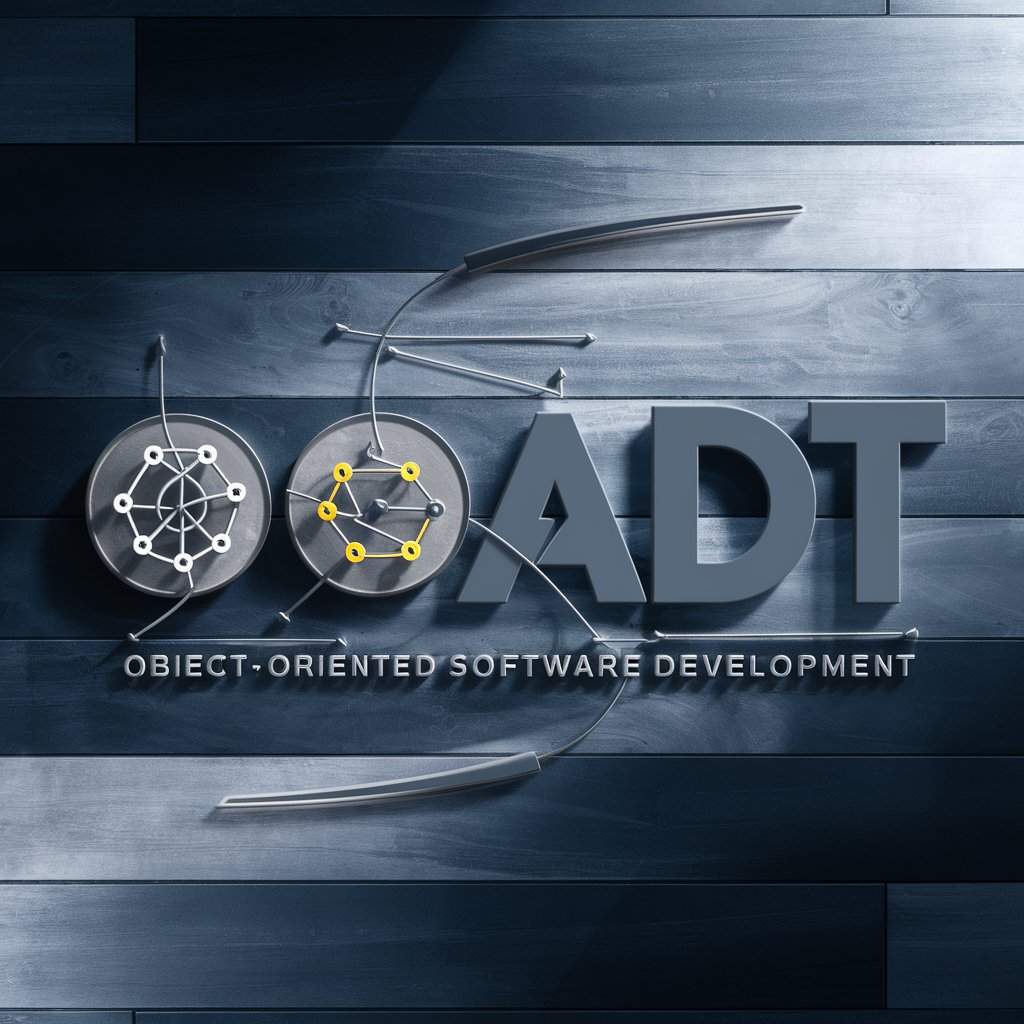
謎のObject
Unlock the mystery with AI power.
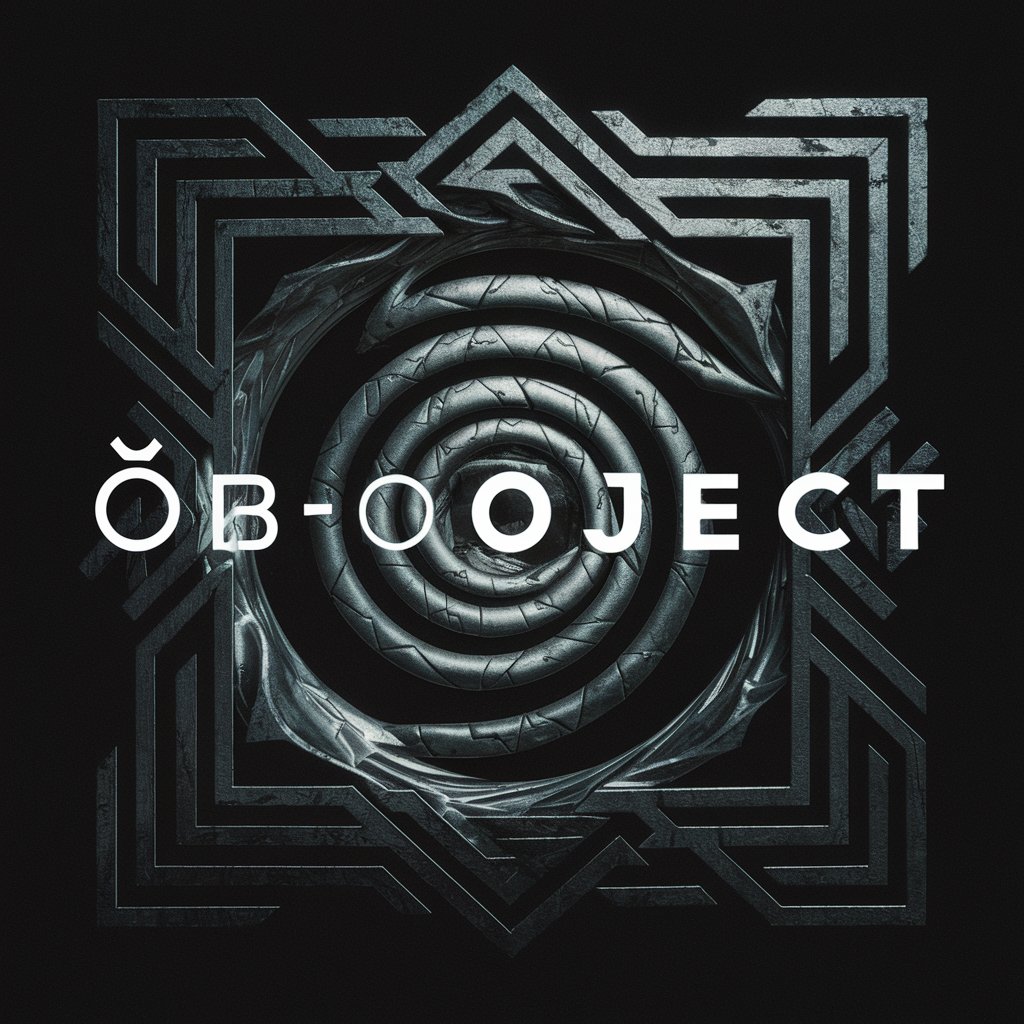
Object of Essence
Visualizing Concepts, Crafting Essence
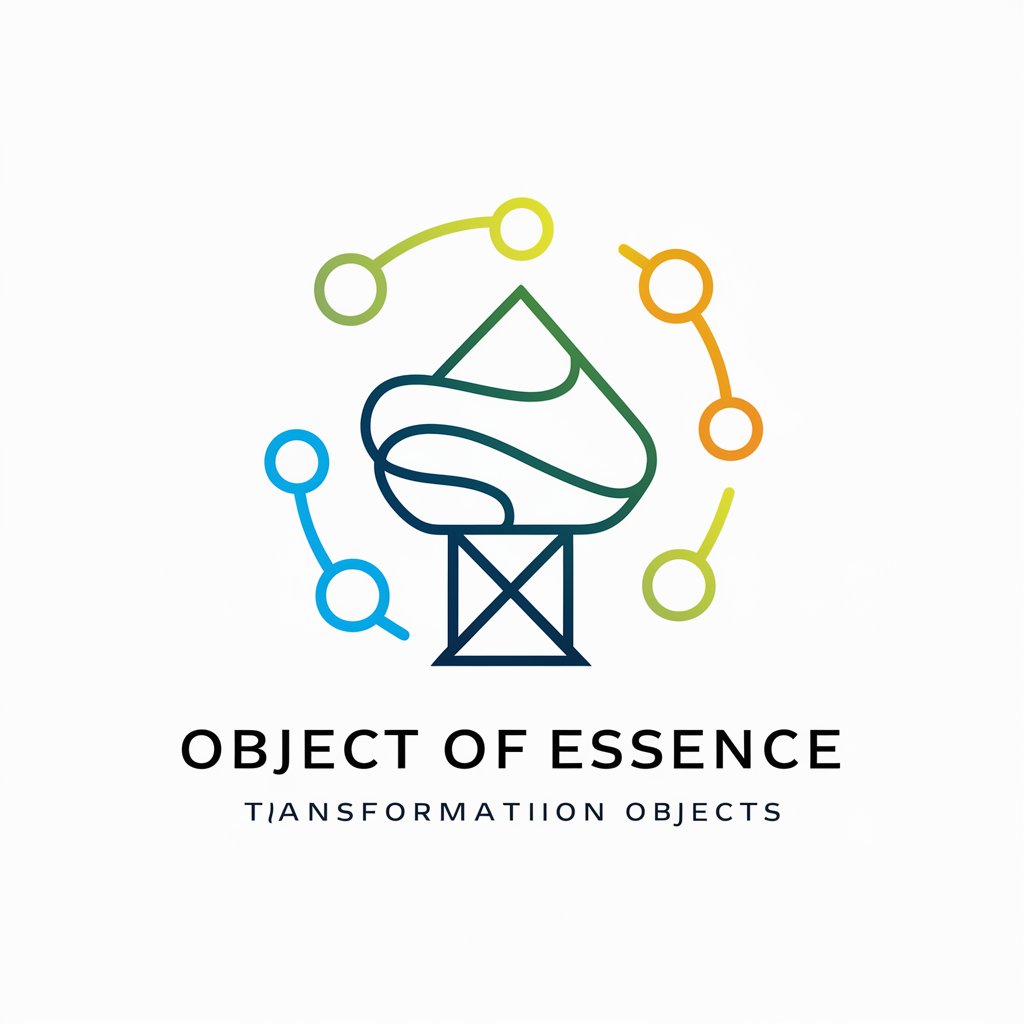
Power Guide
Master the Art of Power with AI

Frequently Asked Questions about Object-Oriented TypeScript Helper
What is Object-Oriented TypeScript Helper?
It's a specialized tool designed to assist developers in applying object-oriented programming principles in TypeScript projects. It offers guidance on converting functions to classes, using interfaces, and structuring code more effectively.
Can it help with TypeScript interfaces?
Yes, the helper can provide advice on designing and implementing interfaces in TypeScript, helping to ensure that your classes conform to specific contracts and enhance code reusability and flexibility.
How does the Helper improve code quality?
By offering recommendations based on OOP best practices, the Helper encourages the use of encapsulation, inheritance, and polymorphism, leading to more maintainable, scalable, and robust TypeScript code.
Is it suitable for beginners in TypeScript?
Absolutely, beginners can benefit from the tool by learning how to structure code using OOP from the start, which can simplify complex coding tasks and improve understanding of TypeScript's capabilities.
Can I use it for large projects?
Yes, the Helper is designed to support developers working on projects of any size. It can assist in refactoring existing codebases as well as in designing new systems with OOP principles in mind.

